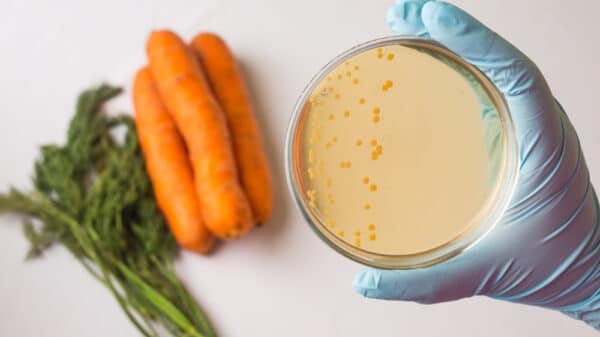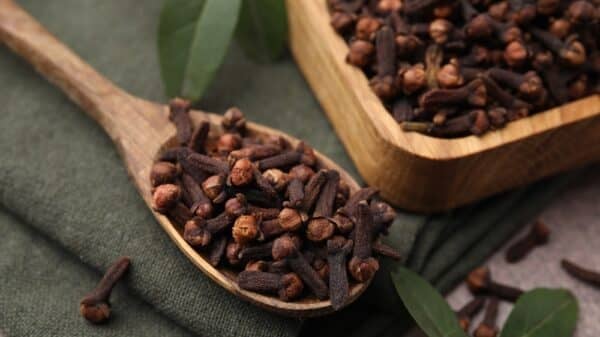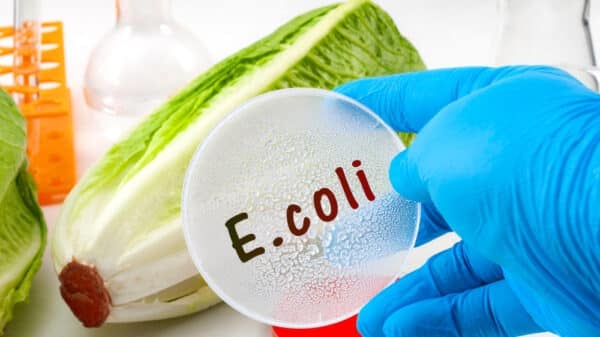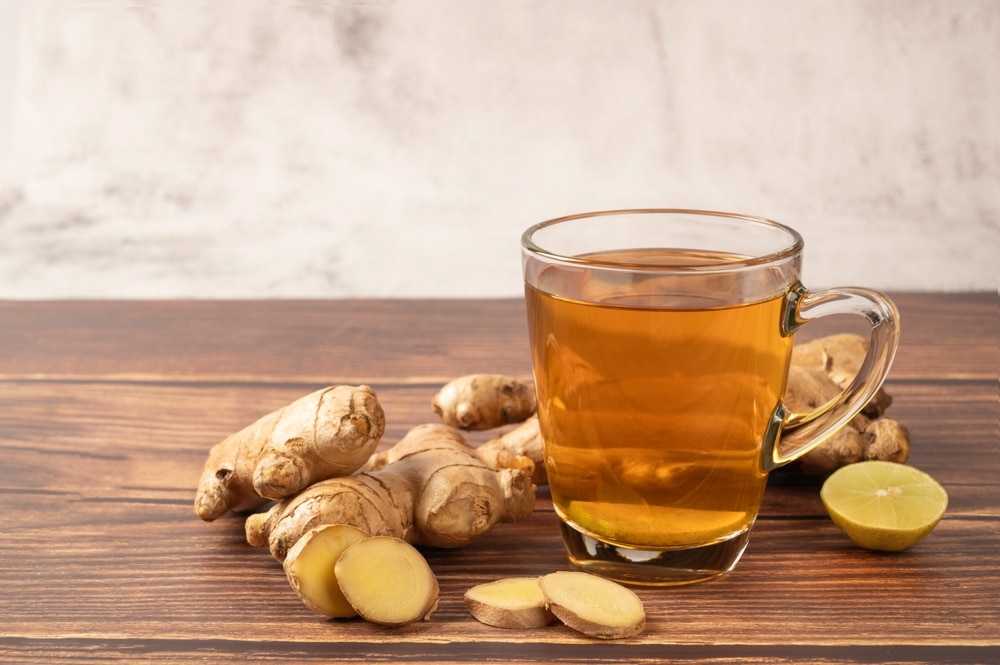Sometimes, there’s just something special about lingering at the dinner table, sip in hand, enjoying the warm glow of the evening. After a hearty meal, we often find ourselves debating between another glass of wine or a warm cup of coffee. Yet, one essential factor to consider is whether our choice of drink will aid digestion, allowing us to savor the meal we’ve just had instead of feeling sluggish or uncomfortable afterwards. Luckily, there are plenty of delightful beverages designed to support digestion and help us feel at ease post-meal.
To give you the best recommendations, we reached out to gut health nutritionist Amanda Sauceda, RD, whose expertise in the field brings invaluable insights to these post-meal drink choices. Here are her top picks that not only taste great but can also offer significant benefits to your digestive system.
Water is undoubtedly the most fundamental choice among post-meal drinks, and for good reason. It’s something most of us have readily available at home, and it plays an essential role in digestion. “Your body needs water to break down food and absorb the nutrients effectively,” says Sauceda, adding that adequate hydration helps soften stools and keeps constipation at bay. The Mayo Clinic echoes this sentiment, recommending water as a key player in digestion. If plain water feels uninviting, don’t worry; you can easily spruce it up! A splash of your favorite juice or a few slices of refreshing cucumber, vibrant strawberries, or aromatic mint can add a delightful twist to your hydration routine.
Moving on to another excellent option, ginger tea is a warming, spicy choice that many people rave about after a rich meal. Known for its numerous beneficial compounds, ginger is celebrated for its ability to alleviate various digestive discomforts such as cramping, reflux, gas, and bloating. A study published in Food Science & Nutrition emphasizes the positive effects that ginger can have on digestion. “Making your own ginger tea from fresh ginger root is the best way to tap into its full potential,” Sauceda explains. It’s simple: just take a one-inch piece of peeled ginger, boil it in eight ounces of water, let it steep for about 10 minutes, strain, and enjoy. The warmth and spiciness of this tea can be a cozy antidote after a heavy meal, wrapping you in a comforting hug.
Next up is peppermint tea, a classic recommendation for soothing an upset stomach. According to Sauceda, this delightful beverage often helps ease discomfort after meals. Research highlights that peppermint essential oil is particularly effective at reducing abdominal pain, especially for those grappling with irritable bowel syndrome (IBS). A publication in the Journal of Clinical Gastroenterology supports this claim. However, it’s essential to listen to your body; if you’re prone to heartburn, be cautious with peppermint, as it may exacerbate acid reflux symptoms. If you decide to go ahead, steep one to two tablespoons of fresh mint leaves in hot water for about 10 minutes, strain, and savor. Alternatively, if steeping isn’t your thing, peppermint essential oil capsules, like IBGuard, can similarly lend a helping hand.
For those who crave a fizzy, refreshing drink after dinner, kombucha is a fantastic choice. This effervescent, fermented tea comes in an array of flavors and packs a punch of gut-friendly probiotics, which can help maintain a balanced digestive system. Sauceda highlights options like Health-Ade Kombucha and Humm Probiotic Kombucha as delightful favorites. A 2023 study found that daily kombucha consumption aided in alleviating short-term constipation for IBS patients. Just keep in mind that while the fizz can be comforting, those with acid reflux or heartburn might want to tread lightly or avoid it altogether.
If your meal veered toward the spicy side, consider reaching for kefir. This fermented milk drink is reminiscent of thin yogurt and is an excellent choice for calming the gut post-spice overload. As Sauceda points out, kefir offers additional probiotic benefits and lower lactose content, making it more tolerable for lactose-intolerant individuals. You can find both plain and flavored options, but going for unflavored kefir is best to avoid pesky added sugars. Brands like Lifeway Unsweetened Kefir or Maple Hill 100% Grassfed Organic Plain Kefir are excellent picks to have on hand.
Lastly, let’s talk about digestive bitters. These potent concoctions, which typically include ingredients like artichoke leaf and licorice root, are known to stimulate the production of saliva and digestive juices, aiding in food transit through your digestive tract. “Just a few drops in water can be an age-old remedy for tackling symptoms like gas or bloating after meals,” suggests Sauceda. Try out Urban Moonshine Citrus Bitters or St. Francis Herb Farm Digestive Bitters to discover the benefits for yourself.
So, what’s the takeaway here? Next time you’re pondering what to enjoy after a sumptuous meal, remember these six delightful beverages. They not only promise to enhance your meal experience but also support your digestion in a comforting and beneficial way. Cheers to making informed choices that help our bodies feel great!
































